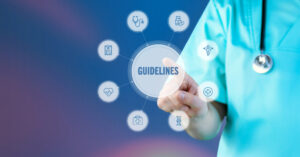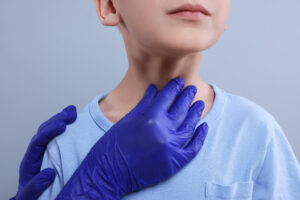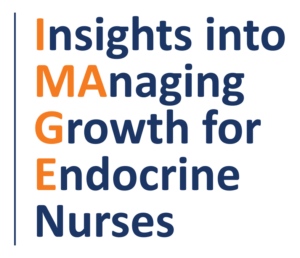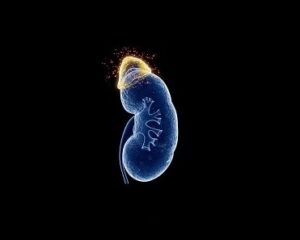
European guidance released for childhood adrenal, extra-adrenal paraganglioma care
A European Standard Clinical Practice Guidance has been published in the European Journal of Endocrinology on the diagnosis and treatment of adrenal and extra-adrenal paragangliomas in children and adolescents.








